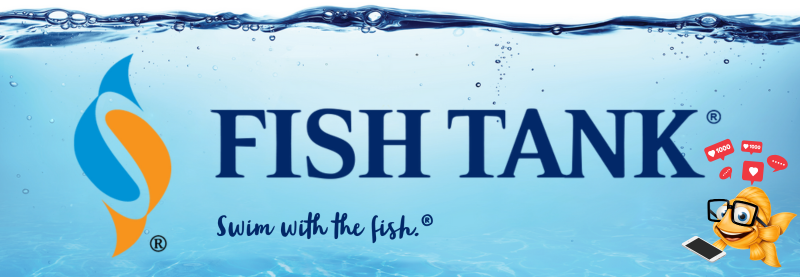Intellectual Property Insights from Fishman Stewart PLLC
Newsletter – Volume 25, Issue 12
Share on Social


UPDATE: The Beige Battle Ends in a Whimper, Not a Verdict
In our previous FishTank article “The Great Beige-Off: Influencer Sues for ‘Vibe’ Infringement,” we reported on Sydney Nicole Gifford’s lawsuit against fellow influencer Alyssa Sheil over allegations of copyright infringement involving neutral-toned social media content. As of May 28, 2025, that headline-grabbing case has officially come to a close.
The parties filed a joint stipulation of dismissal with prejudice, ending the case entirely, with no monetary settlement, no confidentiality agreement, and each party covering their own legal costs. According to Sheil’s legal team, this outcome represents a full vindication, with Gifford taking nothing on her claims.
Sheil, who maintained throughout that her “clean girl” aesthetic was independently created, stated that she refused to back down because the case had broader implications for minority entrepreneurs in the influencer space. Her legal team emphasized that this dismissal without conditions or concessions sends a strong message about the limits of copyright protection when it comes to general aesthetics.
While the court never ruled on whether a “beige vibe” is protectable under copyright law, this case leaves behind a clear warning: trying to claim legal ownership over popular visual trends may not pass legal muster, especially when your opponent can show they posted first.
So, who won the title of “Most Basic”? Legally speaking, no one, but Sheil walked away unscathed, and the lawsuit that once promised major precedent now ends with a neutral-toned fade to black.
We’ll continue to monitor developments at the intersection of creativity, commerce, and copyright. Stay tuned.
Michelle Visser is a partner of Fishman Stewart, with over 25 years of experience practicing trademark law with other members of the firm’s Trademark Group. Check out her full bio here.
Related Content from Fishman Stewart
People have long pondered whether or not the Giza pyramids were indeed solely burial chambers, which was the only known, and archaeologically determined, use—until now.
By 1930, efforts began in New York to replace Mother's Day with Parent's Day because men were more than just breadwinners. Those efforts didn't catch on, probably because in that era, women often spent more time in the home.
In February, Nike and Skims announced that they will be working together on a new brand, NikeSkims. The co-brand will create a new line of training apparel, footwear, and accessories specifically designed to meet the unique needs of women athletes.
Generally, federal courts have exclusive jurisdiction over copyright cases, and often, this presents an insurmountable paywall for individual artists and small businesses to vindicate their rights, especially where the value of the individual copyrighted works are relatively low.
Dedicated to raising public awareness about the importance of encouraging innovation and creativity throughout the world, the World Intellectual Property Organization (WIPO) annually observes World Intellectual Property Day on April 26 to showcase the role that patents, trademarks, industrial designs, copyrights and trade secrets play in our everyday lives.
Hold onto your foam fingers, sports fans – college sports just got a whole lot more interesting! The latest updates to Name, Image, and Likeness (NIL) rules are making student-athletes bigger than ever, and it’s not just about the game anymore.
Did a federal court in Louisiana recently decide that US copyrights are global rights? It seems so.
One of his most famous songs, “Lose Yourself” was recently at the center of a lawsuit. In 2019, Eminem’s publishing company Eight Mile Style sued Spotify claiming that Spotify streamed a number of its musical compositions without proper licenses.
One of the most common challenges is whether AI should be free to train on data that is protected by copyright and owned by third parties without first obtaining permission.
The U.S. Copyright Office (USCO) recently published its latest report on AI and “copyrightability.” In short, the USCO considers only some AI-generated works to be sufficiently creative as to deserve copyright protection, and thus, registration.
IDENTIFYING, SECURING AND ADVANCING CREATIVITY®














